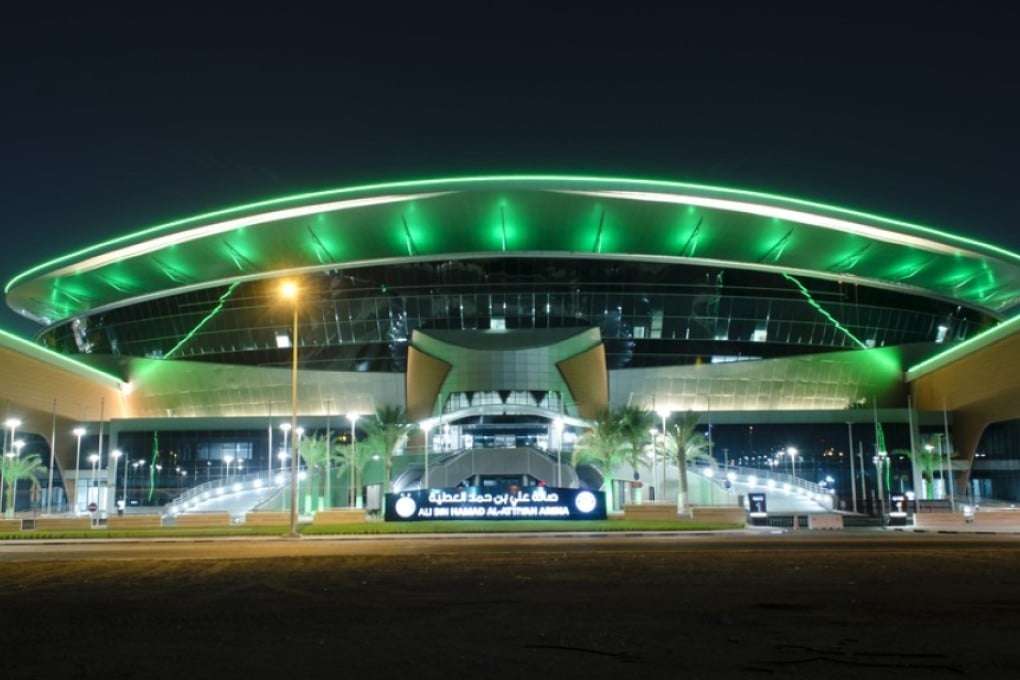Qatar scores in more than its sports goal: Asian Cup win is a victory for the gulf state’s soft power
- Asian Cup win means Qatar is being talked about for things other than its human rights record or regional feuds

A dusty suburb on the outskirts of a city in the Gulf region would seem to be an unlikely epicentre for some of the world’s most compelling current sporting, geopolitical and industrial issues.
Yet Al Sadd in Doha is just that: one of the Qatari capital’s oldest districts and a pleasant place to live according to local residents, it has rapidly become a vital node in a network of power and influence that extends way beyond the streets of Qatar’s biggest city.
Driving past Al Sadd en route to the desert, the most obvious landmark is the Ali Bin Hamad Al Attiya Arena. This was constructed to host matches during the Handball World Championship, which Qatar hosted in 2015.

However, the tournament’s staging, the national team’s success, and the use of Al Sadd as the location for a venue were all hugely symbolic. Qatar’s national vision and its supporting pillars emphasise the importance of sports and hosting sports events: for boosting economic activity, building political influence, and addressing socio-cultural challenges such as strengthening national identity.
Just around the corner from the handball stadium, there is even more potent evidence of how Qatar sees itself, what it wants to become, and how sport has become such a significant constituent part in a global network of power and influence that government in Doha is intent on building.
